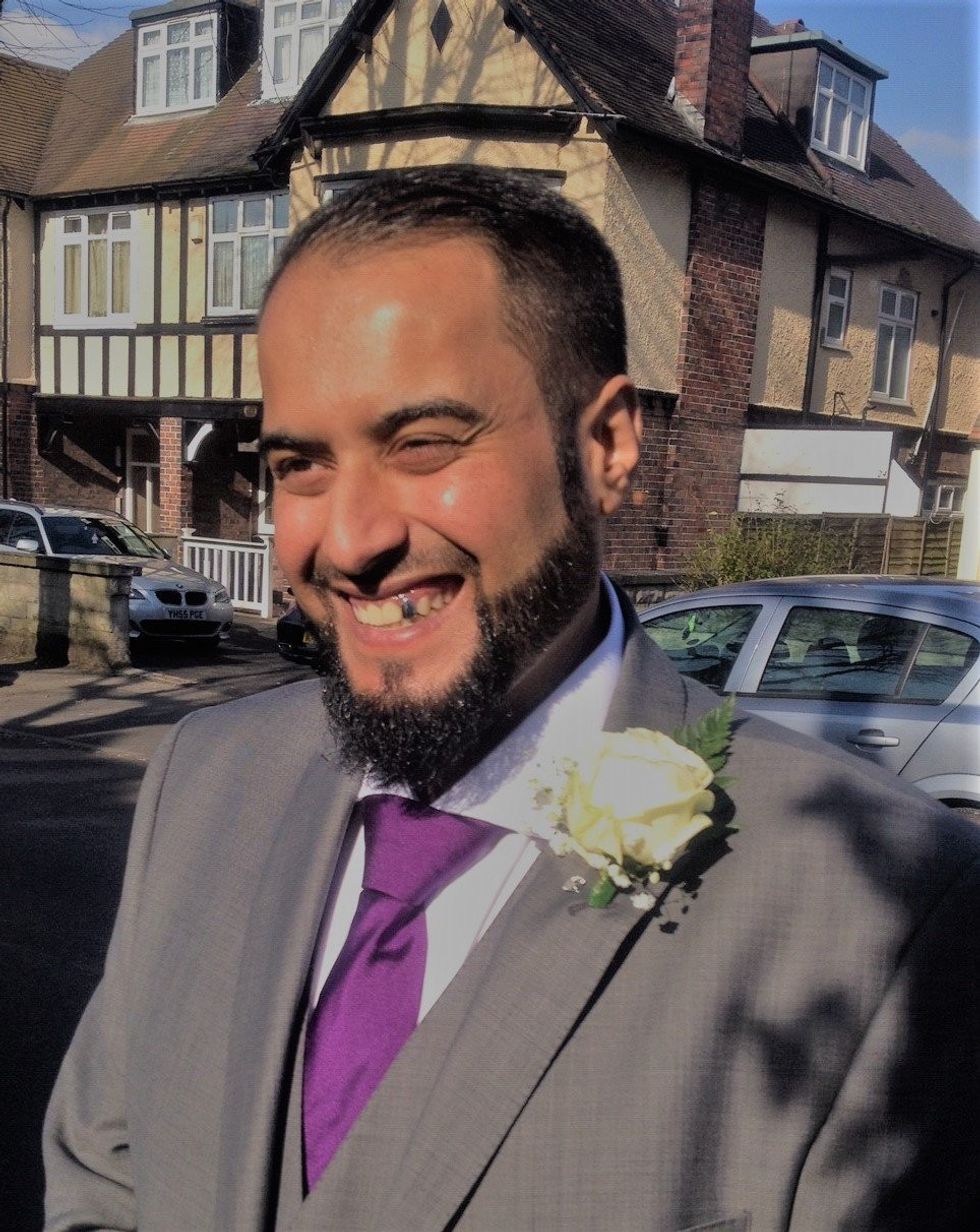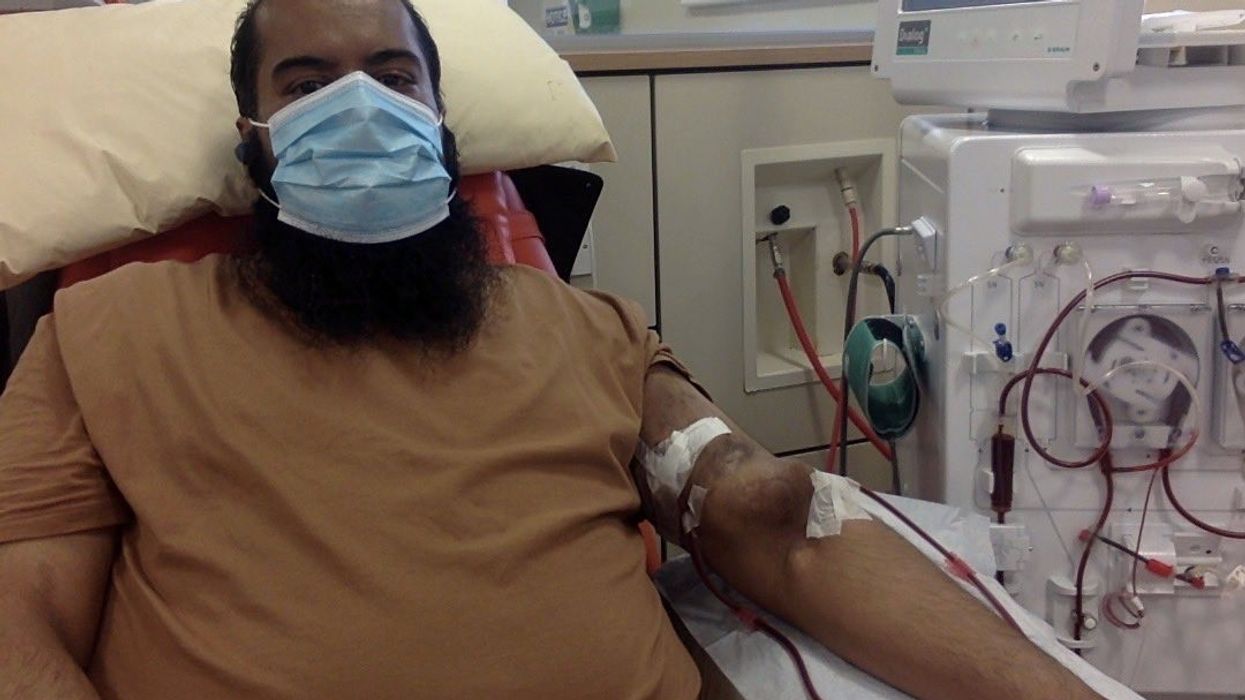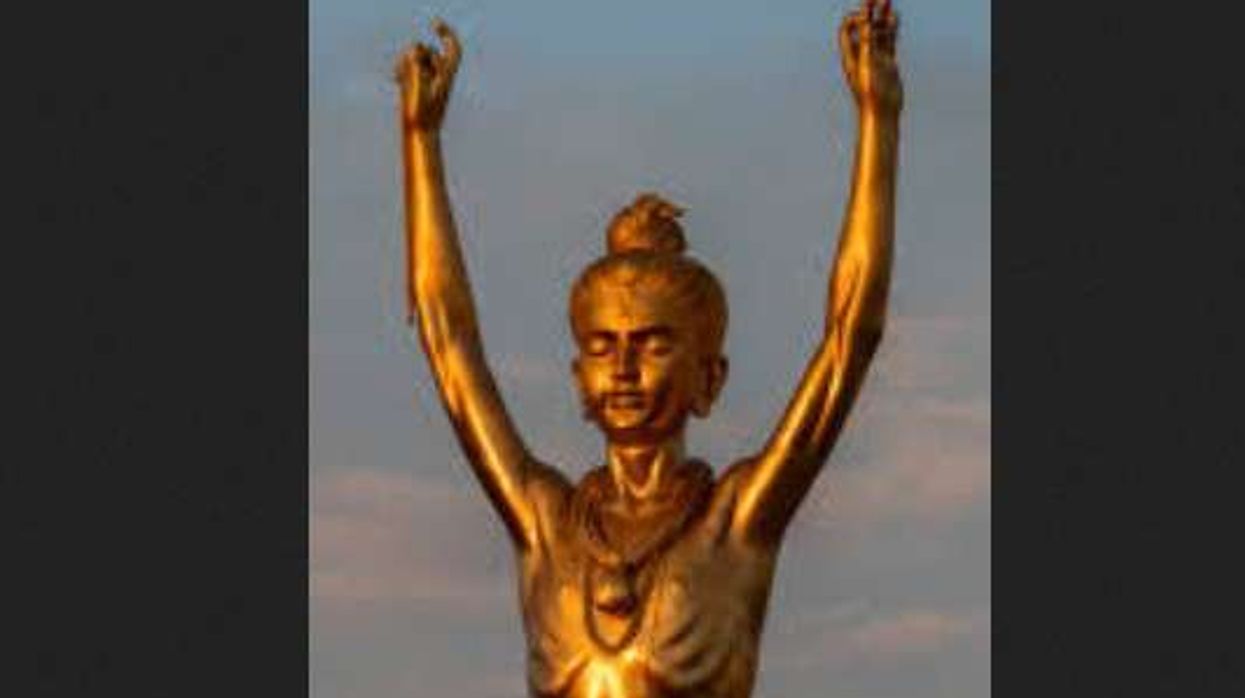THE UK has announced a new funding to tackle health inequalities and to promote blood and organ donation among black, Asian, mixed heritage and minority ethnic communities in the country.
The announcement came on Thursday (11), on World Kidney Day, and will address the shortage of organs, particularly kidneys among these communities.
According to a statement, as many as 35 community projects in England have received a share of £600,000 community investment scheme, led by NHS blood and transplant.
They include, Bristol African Caribbean expo (BACE) and Bristol community FM Radio (BCFM) whose aim is to create a podcast series that will be shared across multiple platforms. The series will address the lack of awareness of both blood and organ donation in black African and Caribbean communities.
In the UK there are currently at least 2,569 people on the waiting list for a kidney transplant and 580 of those are from black, Asian or minority ethnic backgrounds.
Kidney donors and recipients are matched by blood group and tissue type, and people from the same ethnic background are more likely to have matching blood groups and tissue types.

Saj Khan, who has been waiting 14 years for a kidney transplant after his first one failed, said: "When I became ill then finally receiving a kidney from my dad was like a lifeline for me. Unfortunately, it wasn’t to be long term and I am back on dialysis, but I am always hopeful I will get the transplant I need.
“I know my best chance for a transplant is probably from a living donor as I have such high antibodies from my first transplant, so it is difficult for me to find a match. And being from a South Asian background, I know I will wait longer and it’s harder to get a match because so few Asians donate organs compared to white people.
“I know that for many people in the Asian community organ donation is seen as impermissible in their faith, but as a Muslim I believe it is very much in line with my faith and beliefs – the ability for people to save lives.”
The NHS blood and transplant opened up the community investment scheme to include projects and organisations to include blood donation, for the first time.
Sickle cell is currently the fastest growing genetic disorder in both the UK and the wider world. People from black African or black Caribbean backgrounds are most likely to have this condition which can often require frequent, life-saving blood transfusions.
For those reliant on regular transfusions, it is essential that they receive blood matched as closely as possible to their own. A match is most likely to come from a donor of the same ethnicity, yet currently only 1.5 per cent of donors in England are black.
Though the number of blood donor registrations from the black community doubled in January, twice as many are still needed to meet the growing clinical need, a statement said. There is also an increased demand for some rare blood subtypes, such as Ro, that are more common in black people.
Under the government scheme, the Black Blood Matters organisation is joining forces with RevolYOUtion London CIC to deliver five novel campaigns with the aim of promoting a positive attitude towards blood donation amongst 18 to 29 year olds from a black African and Caribbean heritage living in London.
Georgelene Elliott, founder and CEO of Black Blood Matters, said: “To us, a representative society is a thriving society; and the health of our community plays an imperative part in enabling that. The only way to ensure that everyone reaches their full potential is to first ensure that everyone is in good health to do so. This means having enough blood donors to make sure those living with sickle cell and other blood disorders in our community have access to the right treatment.
“We want to be a catalyst for lasting change and are grateful for this scheme, and the support of RevolYOUtion London, for providing the opportunity to do just that!”
There is hope that the introduction of Max and Keira’s Law – the new law relating to organ and tissue donation in England – which came into effect on 20 May, 2020, will lead to an increase in the number of donors of all ethnicity.
Altaf Kazi, head of faith and belief engagement at NHS blood and transplant, said: “Through the community investment scheme we have seen first-hand the abilities of trusted individuals and community groups to prompt conversation, tackle misinformation, educate and offer reassurance around organ donation and now blood donation.
“We are asking more people from black and Asian communities to find out about both blood and organ donation and help us to address the inequalities that many members of these communities may face. By giving your support you can help save lives.”
For more details, visit www.nhsbt.nhs.uk/cis/













